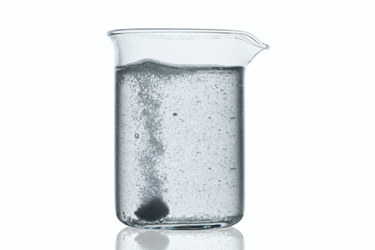Improving API Solubility

Achieving an adequate level of solubility is essential for the effectiveness of small molecule drugs, regardless of whether they are in solid or liquid dosage forms. In the context of oral administration, the active pharmaceutical ingredient (API) must be absorbed by the body to become bioavailable and allow it to enter the systemic circulation and exert the intended physiological effect. Conversely, poor solubility can lead to low absorption from the gastrointestinal (GI) tract, potentially preventing the API from reaching therapeutic levels at the target site. For parenteral formulations, ensuring good API solubility is equally critical. It is a prerequisite for producing particle-free solutions and can be particularly challenging in highly concentrated formulations. Many APIs currently available on the market suffer from poor solubility. This issue is expected to become increasingly significant, as it is estimated that up to 90% of all drugs in the small molecule development pipeline exhibit poor solubility. If this problem is not addressed, promising medications may never reach the market, depriving patients of potentially life-saving treatments.
Access the full white paper to learn more.
Get unlimited access to:
Enter your credentials below to log in. Not yet a member of Pharmaceutical Online? Subscribe today.
